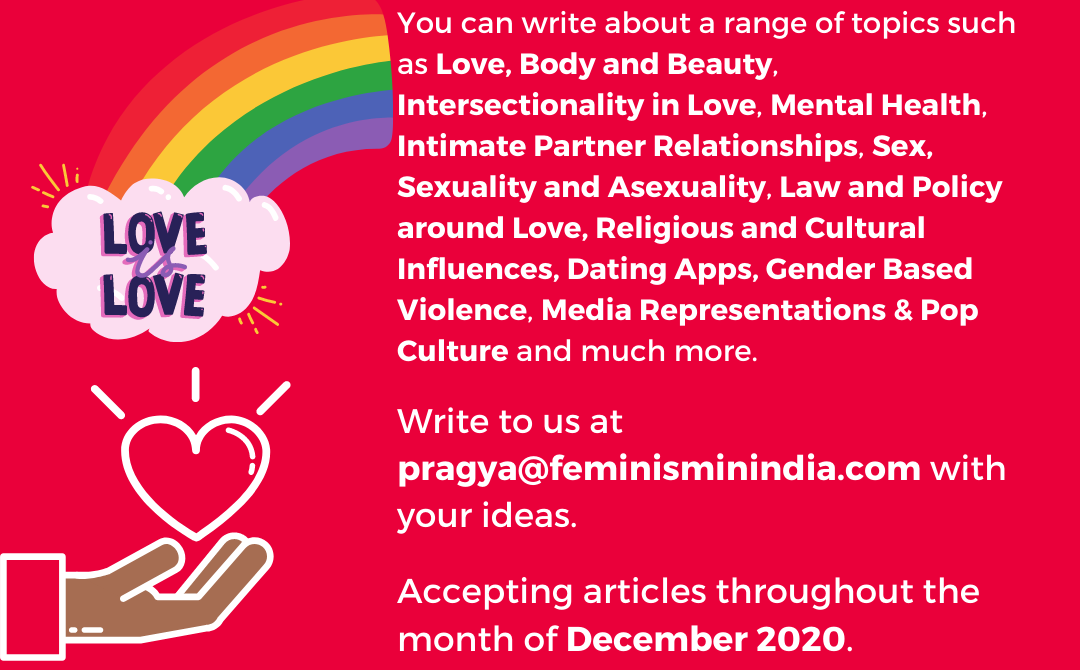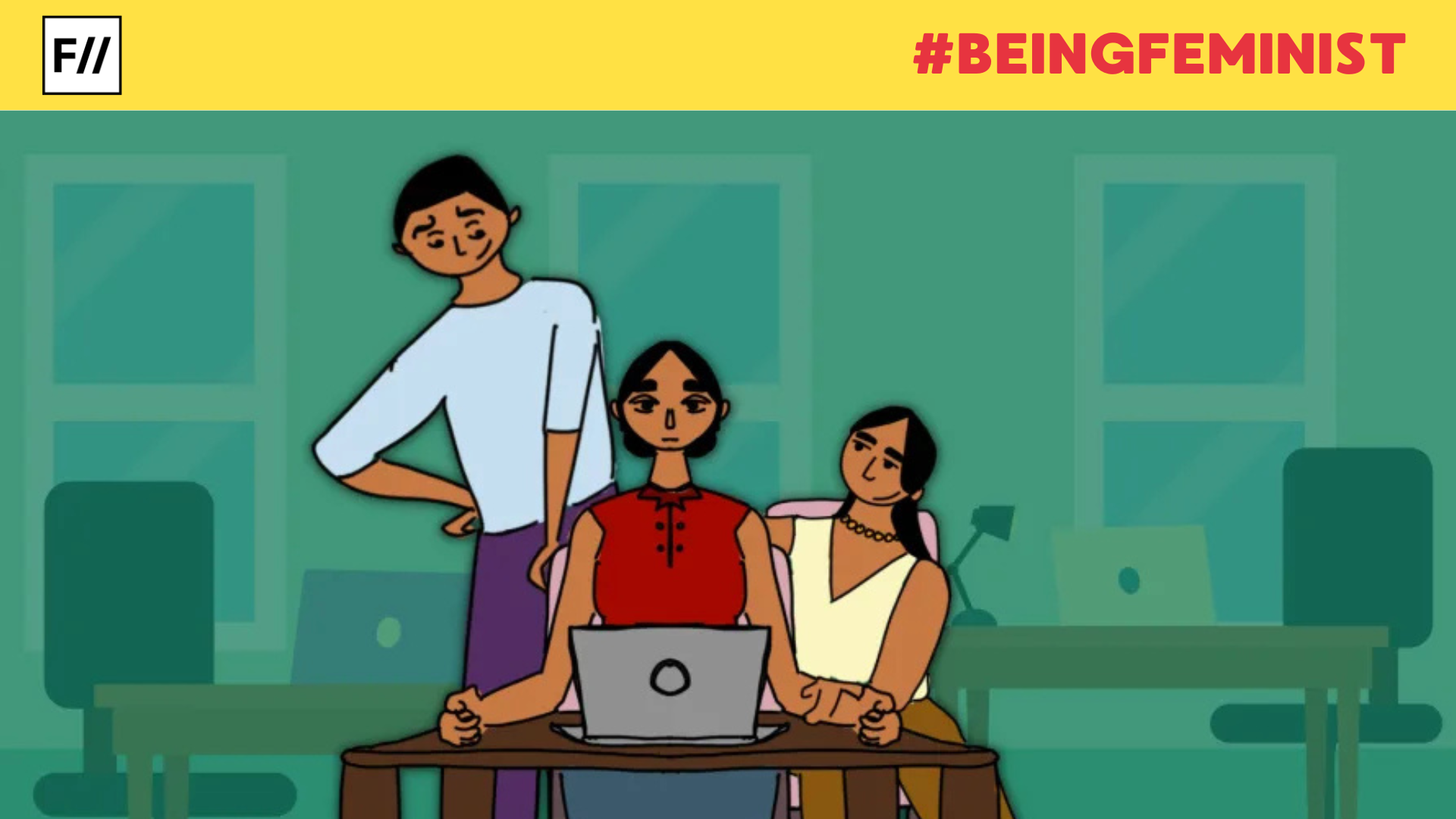It wouldn’t come as a revelation if I insisted that all of us at some point have confronted difficult love relationships—not only with our partners but also with our families, parents, siblings, relatives, friends and acquaintances. And every story had its own political and social undertones that have helped us understand ourselves and our lives better. As we have progressed in our personal lives, so has the society around us. Modernity has brought its own tools to both facilitate as well as devalue love in its peculiar ways. If I were to ask a question that is often heard in social circles, ‘Has technology brought people together or did it create more distance?’, most of us would not have an easy answer.
But modern society is not only defined by technology. We still have some bits and pieces of our traditional ideas, and some of them have even transformed into their modern avatars. Love an idea and as a practice has always been challenged by social, economic and cultural institutions, especially by religion and family. It will be an incorrect claim that only traditional societies carried such orthodoxies around love.
In India, along with the rampant hatred that is brewing among communities across various hierarchies today, the other side of the coin—love and respect—is losing its mark too. As we stand divided as a nation and even more as people, love across communities are being vehemently challenged by autocratic forces in the name of ‘security’, ‘purity’ and ‘honour’. These terms are not new, but have been cited every time love has been subjected to social, cultural and religious scrutiny.
Also read: Looking For Love In The Cyberspace
Inter caste and inter faith marriages are now presented as headlines that read ‘Honour Killing’ and ‘Love Jihad’. Children and adults, especially women belonging to upper caste and ‘aristocratic’ households have been repeatedly reminded of their boundaries to retain the prestige and nobility of their families; the transgression of which has led to ostracisation, outcasting and even execution.
So, love has majorly been political. But I refuse to believe that it is just that. While our critical minds will insist us to dissect the idea of love and relationships, we must not make that an end in itself. There must be more. There definitely is more to love than politics.
As we end a rather more difficult year than usual, for December 2020, we at Feminism In India are looking for article submissions on the topic of Modern Love and Relationships, to highlight how love has been fundamental in our lifeworlds and how these experiences and perceptions around love are shaped by our identities in a modern Indian context.
- Intersectionalities (Sexuality, Caste, Gender, Ethnicity, Disability)
- Age, Height, Body and Beauty
- Sex, Sexuality And Asexuality
- Childhood and Love
- Science and Tech For Love (Dating apps, Matchmaking apps)
- Law and Policy
- Moral Policing and the State
- Resistance and Movements
- Family, Society and Religion
- Love and Mental Health
- Art, Poetry, Books and Love
- Intimate Partner Violence
- Violence (Honour Killing, Domestic Violence)
- Media Representation and Pop Culture
You can send us your submissions to pragya@feminisminindia.com. This list is not exhaustive. Please feel free to write about other topics, which we might have missed listing.
Also read: Not Jihad, It’s Love Actually
We understand that some of you might be uncomfortable writing about your personal experiences. You can let us know in your submission mail whether you would want to remain Anonymous when we publish your articles.
About the author(s)
Feminism In India is an award-winning digital intersectional feminist media organisation to learn, educate and develop a feminist sensibility and unravel the F-word among the youth in India.




